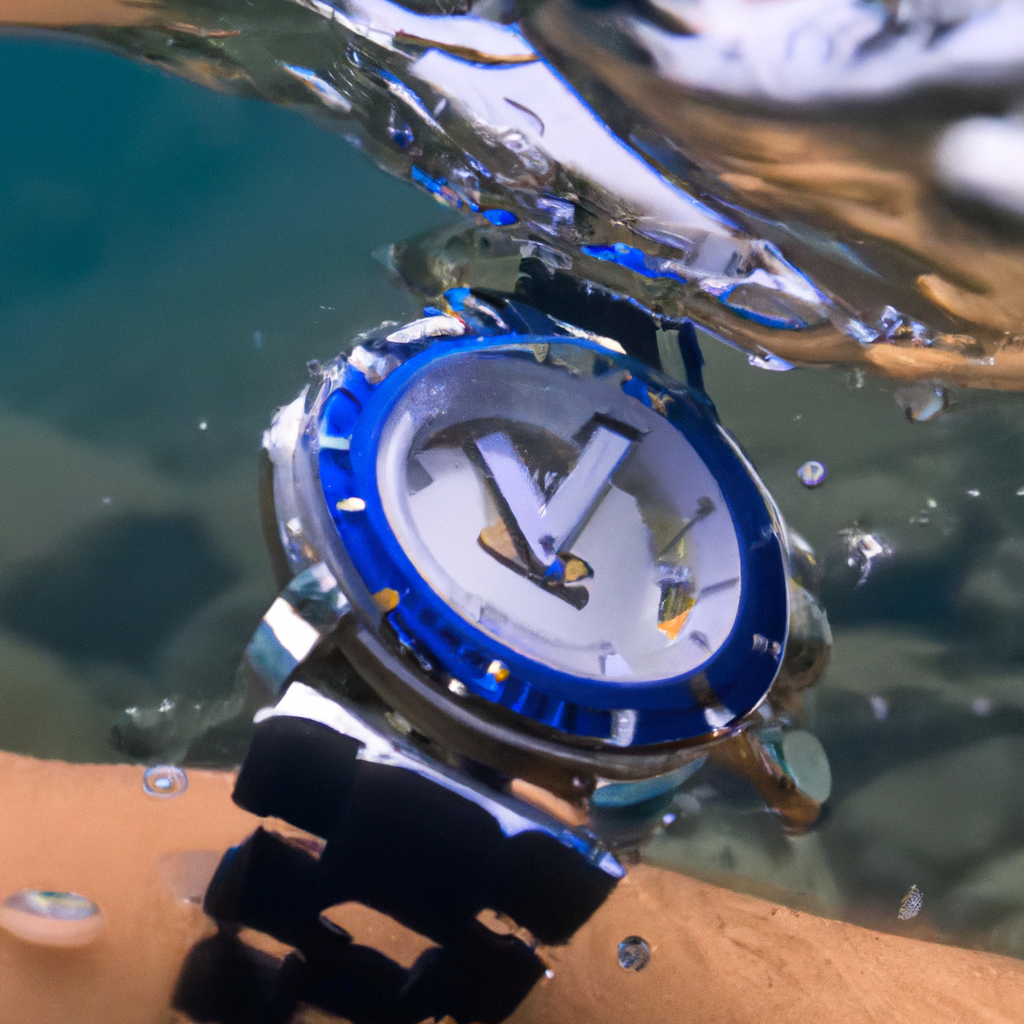Diving watches are specialized timepieces designed to withstand the harsh conditions of underwater environments. They are essential tools for scuba divers, freedivers, and other water sports enthusiasts who require accurate timekeeping and reliable performance. But how do diving watches work under water? In this article, we will explore the technology, design, and construction of diving watches that make them suitable for use in aquatic environments.
Water Resistance
One of the most critical features of a diving watch is water resistance. A diving watch must be able to withstand the pressure of water at varying depths. Typically, a diving watch must be water-resistant to a depth of at least 100 meters or 330 feet, although some models can withstand much greater depths.
Water resistance is achieved through several factors, including the use of seals and gaskets to prevent water from entering the watch case, the application of anti-corrosive materials to protect the watch movement, and the use of specialized crystal materials that are resistant to scratches and cracks.
Watch Construction
Diving watches are constructed with materials that are resistant to corrosion and wear, such as stainless steel, titanium, or ceramic. These materials are selected for their durability and resistance to the harsh conditions of underwater environments.
The watch case must be sturdy enough to withstand the pressure of water at depth and protect the watch movement from water damage. The case back is typically screwed down to form a seal, and the crown is often protected by a screw-down mechanism to prevent water from entering the watch through the winding stem.
Watch Movement
The watch movement is the heart of the watch and comprises the mechanisms that keep time. Diving watches typically use mechanical or quartz movements, both of which have their advantages and disadvantages.
Mechanical movements are often preferred by watch enthusiasts for their precision and traditional craftsmanship. These movements use a complex system of gears, springs, and levers to keep time and require regular maintenance to keep them running accurately.
Quartz movements, on the other hand, are more accurate and require less maintenance than mechanical movements. They use a battery-powered quartz crystal to keep time, and the electronic circuitry is sealed to prevent water damage.
Watch Features
Diving watches often incorporate features that are specific to underwater environments. These may include:
– Unidirectional bezels: A bezel is a rotating ring that surrounds the watch face and is used to measure elapsed time. Diving watches often have unidirectional bezels that can only be turned in one direction to prevent accidental rotation and help divers keep track of their dive time.
– Luminescent markers: Diving watches often have luminescent markers on the watch face and hands to make them visible in low-light or murky water conditions.
– Depth gauges: Some diving watches may have built-in depth gauges that allow divers to monitor their depth during a dive.
Watch Durability
Diving watches are built to last and must be durable enough to withstand the rigors of underwater environments. They are often subjected to extreme temperatures, pressure, and saltwater corrosion, which can cause damage to the watch case, crystal, and movement.
To ensure the durability of diving watches, manufacturers subject them to rigorous testing, including pressure testing, water resistance testing, and temperature testing. Some manufacturers also offer extended warranties or guarantee their watches against defects or damage.
Conclusion
Diving watches are a specialized type of timepiece that must be able to withstand the harsh conditions of underwater environments. They are designed with specific features, materials, and construction techniques that make them suitable for use in scuba diving, freediving, and other water sports. By understanding the technology, design, and construction of diving watches, you can make an informed decision when choosing a timepiece for your next aquatic adventure.







